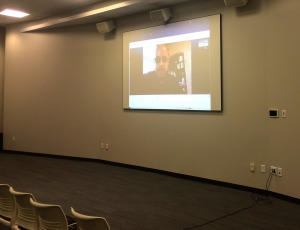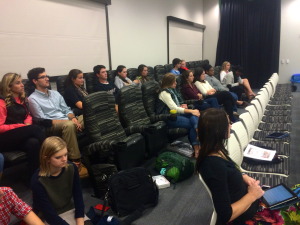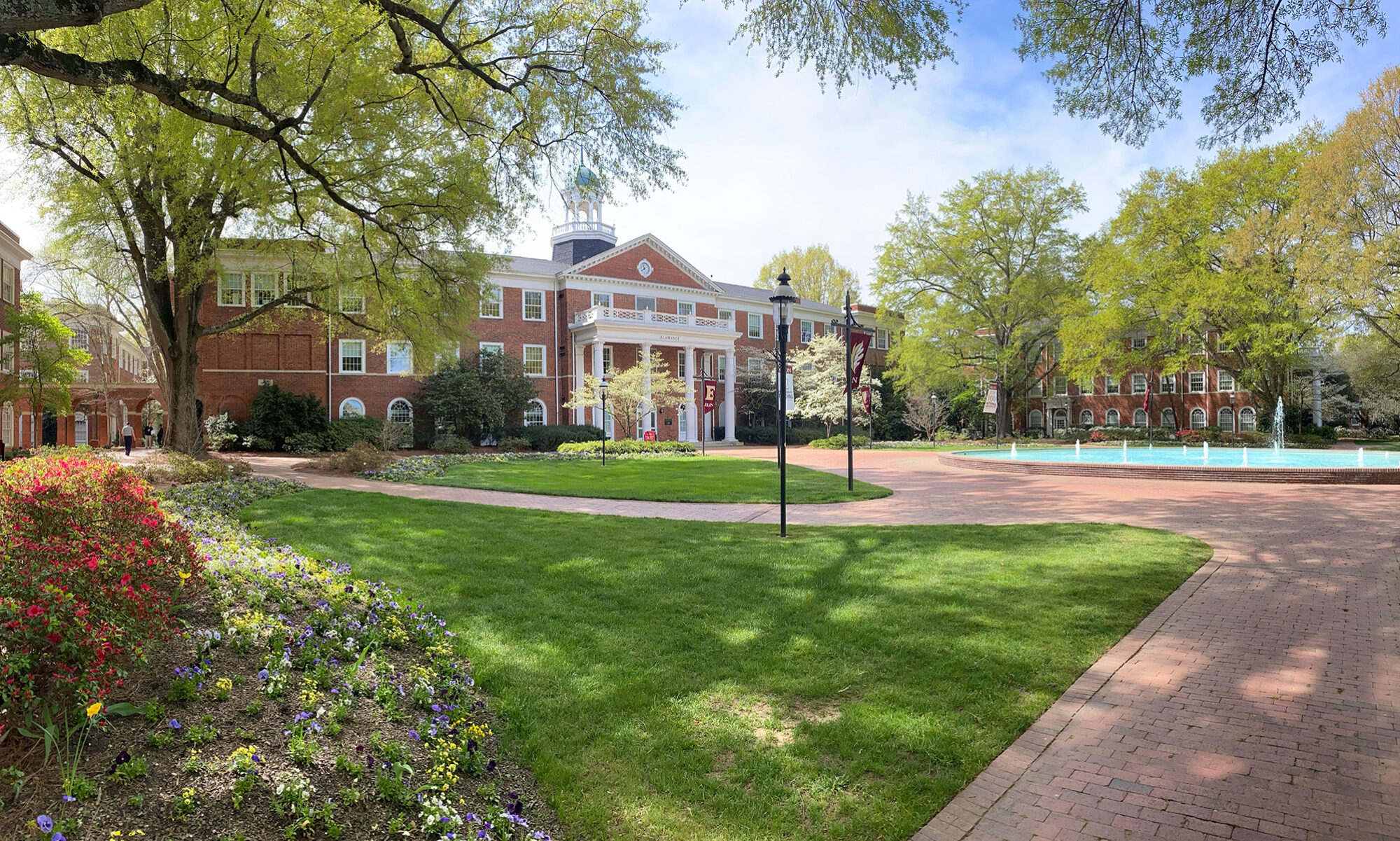Conversation with J, author of Letters Left Unsent, from 4:00-5:00pm on 10-22-14
 [He mentioned in that we may also be interested in another interview about the book that can be found here. Below questions in bold with summarized answers following. Thanks to Professor Post for these notes!]
[He mentioned in that we may also be interested in another interview about the book that can be found here. Below questions in bold with summarized answers following. Thanks to Professor Post for these notes!]
Question about short term break trips. Take them for what they are. Learning experiences instead of going to help a community.
Big picture observation? The NGO community has been educating incorrectly for the past 40 years. They need to bite the bullet and share the complicated story instead of just sharing bullet points. There are a lot of people who would be interested in understanding the entire story, even though it’s complicated.
How do you vet local NGOs? How do you tell the good from the bad? Some common sense. Do your research. Longevity is a common sign of competence. Trust has to be earned. Do they follow through? Ask the beneficiary community what their experience is. NOT an easy thing to do. Takes years to build relationships. Local partner vetting is going to become even more important as the aid work lives up to the fact that the best people to do aid and development work are very often local, not expat workers.
What questions do locals ask you who want to partner with you? They want confirmation to know you are who you say you are.
Preparation for people going abroad: Read about the place, know your limitations, have clear expectations of what individual contributions will be, know your purpose in the context of the larger picture
How do we transform bad aid? Where does it start? With individual aid workers not letting employers off the hook. Humanitarian accountability. Making sure there are people on staff doing the right paperwork, making frequent visits. The problems are endemic, structural and universal but can and must be addressed by rank and file workers at every level, that is from
the bottom up.
What is the appropriate balance between education and doing aid? There is no set career path in the aid industry or  certain steps. It is very vague. Now there are more and more people who are getting their masters to get into aid work. He has had a lot of experiences with locals pushing back when he brings young people without a lot of experience.
certain steps. It is very vague. Now there are more and more people who are getting their masters to get into aid work. He has had a lot of experiences with locals pushing back when he brings young people without a lot of experience.
How do I put myself in the position to be ready for this career? Remember to think of the big picture. It’s not a bunch of exciting FB posts. It’s more about writing requests for money and being in the background.
How did you choose the particular blog posts to include in the book? Took out some personal things about family.
How has social media and ability to communicate changed how things are done in the aid world? Has helped improve family life. Can be gone 3 months and still begin contact with family. Costs have changed. Don’t have to budget as much to communicate bc can use Skype for free. Social media has changed access to information.


 Follow
Follow